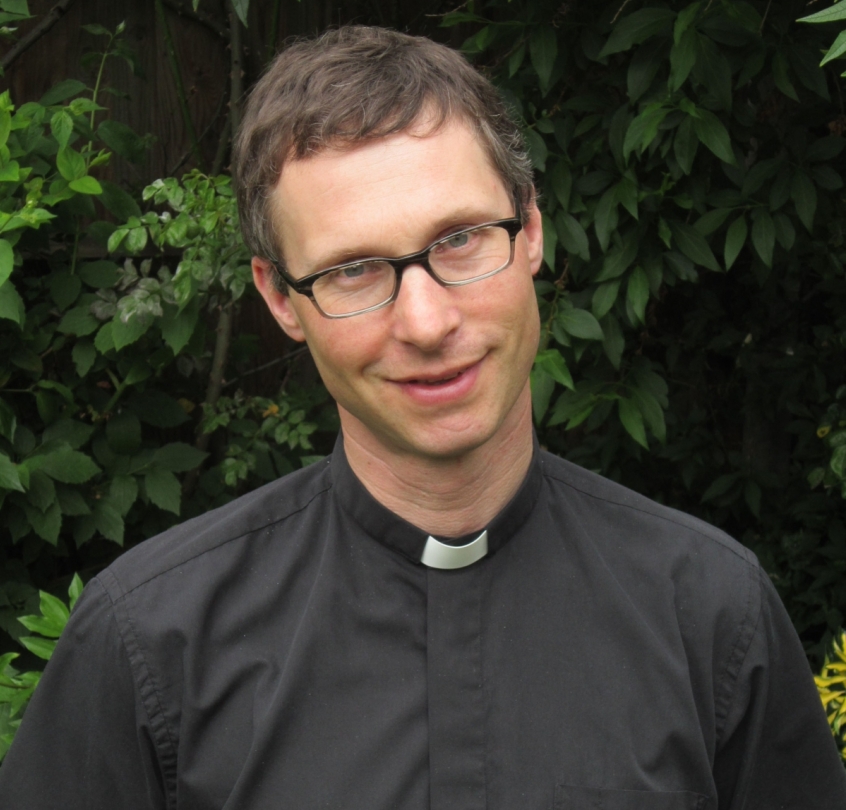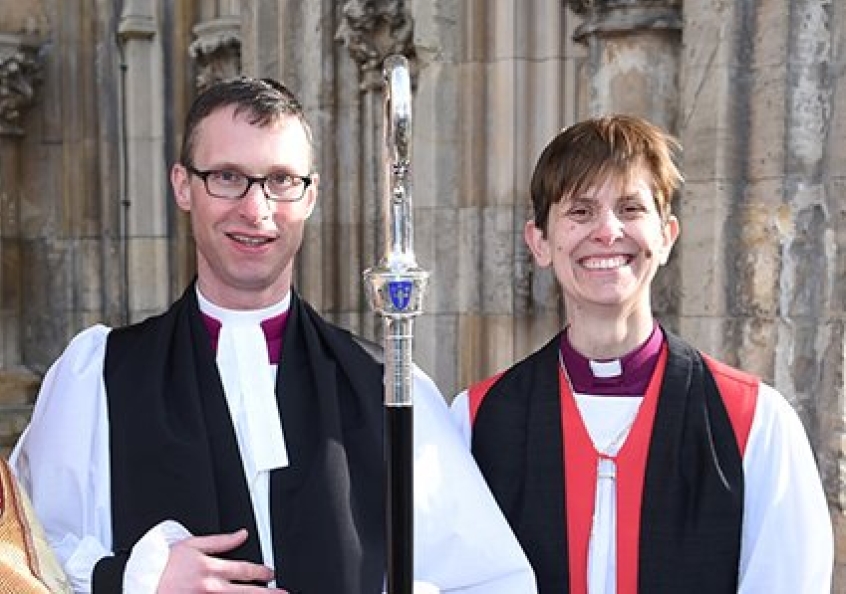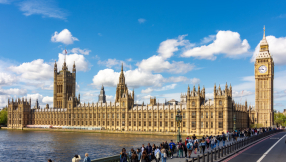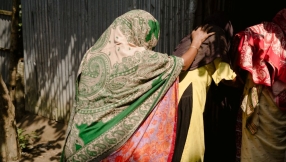The Church of England is being asked to reconsider if it can still accept conservative bishops who oppose women priests.
A review published today asks senior leaders to examine questions posed by academics over whether the Church can still accept those who disagree with female ordination while also allowing women to become bishops.

The report comes after a conservative bishop who rejects women's ordination was forced to step down from a promotion in the wake of heavy criticism.
Philip North withdrew from being appointed Bishop of Sheffield citing the 'highly individualised nature of the attacks' against him which he said had been 'extremely hard to bear'.
The Archbishops of Canterbury and York launched an investigation into the resignation after it 'raised great concern' particularly among traditionalists as to whether they will ever occupy senior church roles again.
Sir Philip Mawer, the CofE's independent investigator, published his report today and called on the Church's faith and order commission to examine the 'fundamental challenge' raised by the appointment.
Professor Martyn Percy, Dean of Christ Church, Oxford, joined other academics at the time and wrote an article after the announcement in February saying North 'could not and should not' be a senior bishop because of his opposition to female clergy and such a move was 'inconsistent with Anglican theology and ecclesiology'.
Sir Philip told Christian Today those questions 'can't just be glossed over' and said it was up to senior theologians to respond.
The scandal reignited the Church's debate around women's ordination after a 2014 settlement tried to hold two deeply entrenched views together by allowing female bishops but promising to remain 'committed to ensuring that those who cannot receive the ministry of women priests or bishops are able to flourish'.
Sir Philip told Christian Today: 'The settlement allows for people of different views on the consecration of women as bishops. It is about holding together people with opposing positions.'
He added: 'Clearly people do hold different views but the whole point of the 2014 settlement is to find a way to live together.'
But he went on: 'Martyn Percy and others have raised fundamental issues which go to the heart of the settlement. Does that mean the settlement is up for questioning again? In my view, no. The Church has signed up to it and in fact it works. There are many more examples of success than failures.'
He said both sides needed to recommit to the agreement if the issue was not to cause further divisions.
'At the end of the day of the day, the choice facing the Church is a simple one ... whether to continue wrestling with the issues I have identified, for the sake of the Gospel, or whether to abandon the Settlement.
'If those who take the majority view in the Church are to retain credibility in the eyes of the minority, there is only one choice which I believe they can make.'

The Archbishops of Canterbury and York thanked Sir Philip for the report and said they would study it carefully.
'We reaffirm our commitment to the vital principle of mutual flourishing as the Church and will endeavour to maintain the bond of peace and affection and live God's reconciliation in Jesus Christ, even amid difference on questions on which Christians may disagree Christianly.'
The 74-page review goes into significant detail of the events building up to and following North's announcement as Bishop of Sheffield and reveals he was reluctant about taking up the post. North even asked the Church's appointments commission whether his nomination would be welcomed and Sheffield only to be reassured by members of the panel that it would.
Even after this Sir Philip said 'he had hesitated for two weeks before accepting nomination' believing 'he was answering a call from the diocese to be its bishop'.
But any reassurance of his welcome quickly dissipated when he met female members of clergy from Sheffield. Sir Philip's report outlines how that meeting was described as 'aggressive' with 'a lot of fear'.
The report says: 'What he [North] had hoped would be the beginning of a dialogue became, however, in his view "a savaging". With a few exceptions, many of those who contributed spoke forcefully against his nomination. Contributions were speeches rather than an exploration of how to understand each other and work together.'
Assessing these events, Sir Philip said 'not nearly enough' had been done to educate clergy and laity about the 'mutual flourishing' settlement.
'Since the passage of the 2014 Measure, there has been no nationally co- ordinated and resourced attempt, on a sustained basis, to convey the message of and achieve buy-in to the terms of the Settlement,' said the report.
Sir Philip recommended bishops form a group to 'distil examples of good practice within dioceses; and provide resources to help dioceses, deaneries and parishes, and theological training institutions to engage in further consideration of the issues'.













